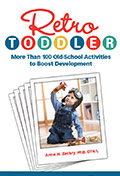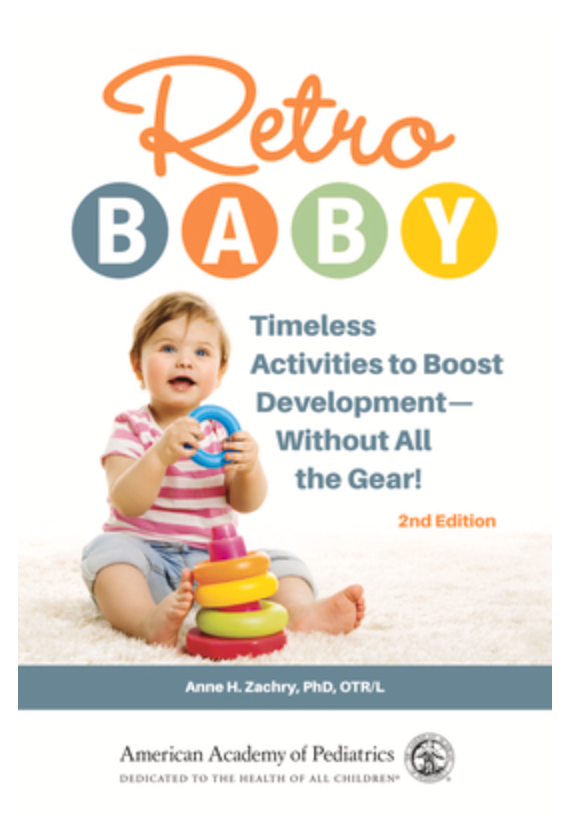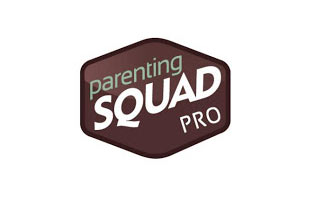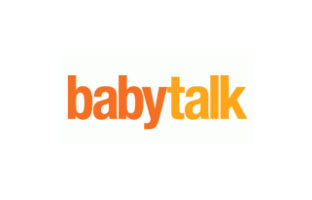Have you ever found yourself waiting in a long line with your child? This happens even more frequently during the busy holiday season when you’re trying to get all of your shopping done. Here are several fun ideas to keep your child busy while you wait, and an added bonus is that these activities promote development!
1) Scan your immediate environment and tell you child, “I see a rectangle (ex. magazine). Can you find one?” Once your child locates the item, encourage her to find a shape that you can search for. This can also be done using different colors. This is great for your child’s attention span and visual scanning skills.
2) Play several games of Simon Says while you wait. This activity promotes active listening skills.
3) Play the “Rhyme Game” by naming a word and having your child come up with as many rhyming words as possible. Naming rhyming words is great for language skills.
4) Practice counting (this can also be done counting by twos or counting backwards) or have him work on basic adding and subtraction problems to promote math skills.
5) Point out an item and have your child spell the word or one of the item’s characteristics (color, shape, etc.). This is good for language and spelling skills.









